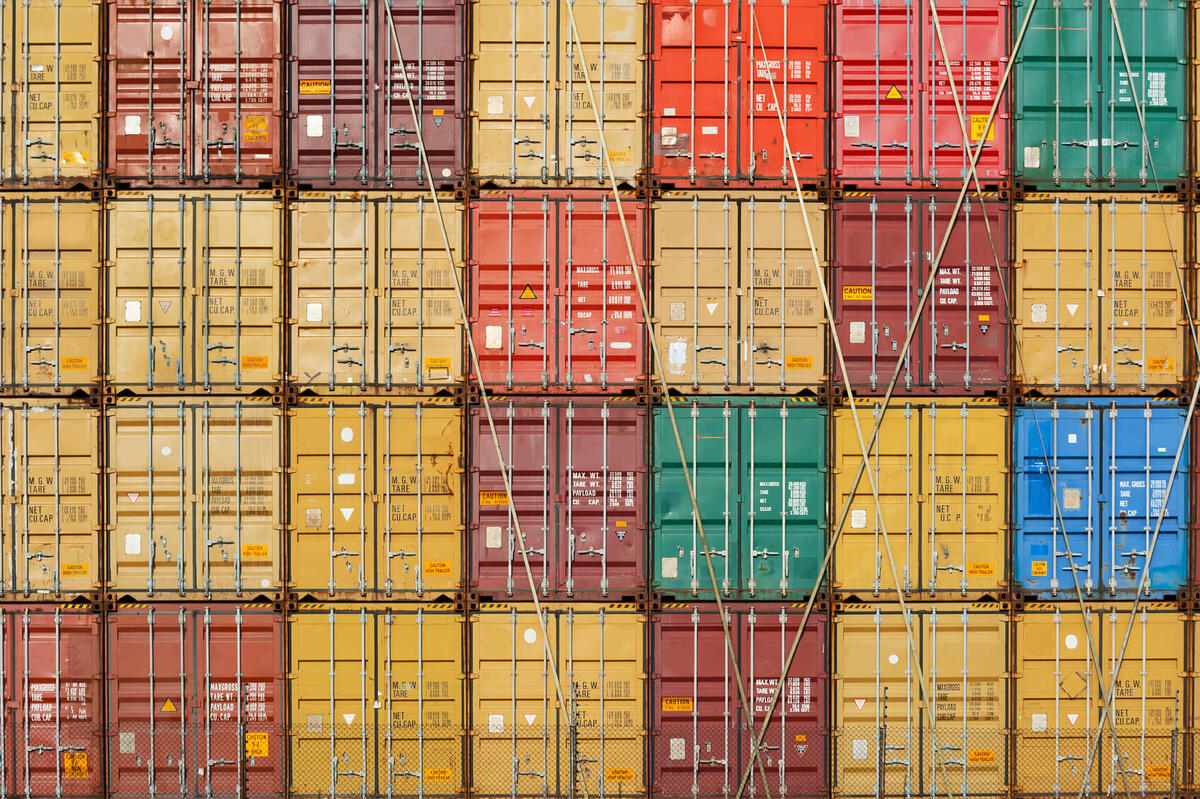Prohibited items for import in India, China and Saudi Arabia


Indians drive cars made in Japan, Americans drive cars made in Germany and wear clothing made in China. Japanese watch American movies, Egyptians drink American
cola and Swedes jog in American running shoes. The world economy is more integrated than ever before.
International trade occurs because one country wants to buy goods and services produced in another country. Trade can give the possibility to people to select goods and Services and choose these goods at lower prices than those in the domestic economy.
All states regulate foreign trade but Free trade is an open system with few limitations that can depend from culture, religion or political system. Governments use a variety of tools to manage their countries international trade positions like: Tariffs, Import Quotas, Subsidies, Trade Ban, Imposing Standards.
In this article we want to talk about the limits of export to China, India and Saudi Arabia.

CHINA
The Chinese market is becoming more and more hungry for imported foreign products. This trend is fostering for European exporters; But, importing to China, needs procedures, certifications and regulations with many rules in certain areas. The Chinese government, like any other government, controls over the import of goods to its internal market. One of the ways of import regulation is the classification of goods into several categories according to the Foreign Trade Law.
CAN’T EXPORT TO CHINA
These items currently banned from import to China: Drugs, Fake currency, Ammunition, Extremist propaganda materials, Opium, Tiger bones, Products made by prisoners,
Beef/beef products from the USA, Matches, Pulp of wood, Acids, Toy weapons, Vegetables, Live trees, Ivory, Various types of weapons, ammunition and explosives, Radio transmitters, receivers and their main parts, Manuscripts, printed matter, films, photographs, discs, movies, sound recording tapes, video recording tapes, etc., which
are pernicious to China’s politics, economy, culture and morality, Deadly poisons, anesthetic drugs to which people can become addictive, opium, morphine, heroin, etc., animals, plants and their by-products with hazardous germs or pests, Food which is obstructive to hygiene and infectious coming from epidemic areas and Other articles prohibited from import as stipulated by the state.

INDIA
In India, the import and export of goods is governed by the Foreign Trade Act in 1992 and India’s Export Import (EXIM) Policy. India’s Directorate General of Foreign Trade (DGFT) is the principal governing body Responsible.
Importers are required to register with the DGFT to create an Importer Exporter Code Number (IEC). After an IEC has been obtained, the source of items to import must be identified and declared. The Indian Trade Classification allows the free import of most goods without a special import license.
The following items are banned from entering or leaving India unless under certain circumstances or limitations:
•Illegal drugs
•Firearms and ammunition – unless permission has been obtained
•Knives and deadly weapons
•Pets and other live animals – unless permission has been obtained
•Birds and bird products –eggs and feathers
•Pigs and pig meat products
•Endangered plants
•Plants and plant products – unless permission has been obtained
•Radio transmitters
•Culturally important or valuable antiques
•Counterfeit money and goods
•Pornographic material
Restricted:
•Species of wild life including ivory, musk and animal skins are prohibited from leaving the country.
•Unless taken by a native of the country, Indian currency is expressly prohibited from leaving India.
•Plants and plant products such as seeds or fruits are prohibited without prior permission
Owing to Indian and US customs laws, some items may not be delivered to India, including: Guns, ammunition, toy guns and replica guns, Electronic cigarettes, Maps depicting incorrect Indian boundaries, Passports, Used electronics require a No Objection Certificate (for example, computers, laptops, RAM), Animals and plants that fall under the Convention on International Trade in Endangered Species of Wild Flora and Fauna, Pig fat, fat of bovine animals, sheep or goat Wild animal meat, Rice, Natural abrasives (emery, natural), Baby gender testing kits, Night vision goggles, Jewelry that has precious metals or stones.

SAUDI ARABIA
Saudi Arabia is the 19th largest exporter and 20th largest importer in the world but because of Islamic rules there are many limits that EU importers have to respect.
Import of certain articles is either prohibited or requires special approval from the Saudi authorities. Import of agricultural seeds, live animals and fresh frozen meat they all require special approval from the Saudi authorities..
In addition, the exporter must obtain a certificate of Islamic (Halal) Slaughter from a member of an Islamic center or Islamic organization. The certificate should state that
the animals were slaughtered according to the Islamic religion requirements. There are certain documents that are required when exporting goods into Saudi Arabia, an import license, description of the good, documents indicating compliance with Saudi health regulations, a notarized certificate of origin and bilingual labels.
Saudi Arabia prohibits the import, use, or possession of any item that is held to be contrary to the tenets of the Islamic Faith. This includes non-Islamic religious materials, pork, alcohol products and illicit drugs. The Saudi customs and postal officials widely define what is contrary to Islam and therefore prohibit it.
The following items are considered prohibited imports according to Saudi Arabia customs laws:
Alcoholic beverages and liquor, Alcohol distilling equipment, Cigarettes, all electronic vaping products, Shisha and accessories, Crosses, Crucifixes or Stars of David, Counterfeit brands (purses, clothing, electronics, etc), Firearms, parts of firearms or explosives, Frog meat, Furs or ivory, Drones of any kind, Gambling equipment, such as slot machines, Laser pens or pointers, Masks that disguise the face, Musical greeting cards, Night-vision goggles or equipment, Nutmeg (whole, seeds and powder), Narcotics, Poppy seeds, Pork (pig/swine) products, Pornographic materials.
Fonte: a cura di Exportiamo, di Morvarid Mahmoodabadi, redazione@exportiamo.it
© RIPRODUZIONE RISERVATA